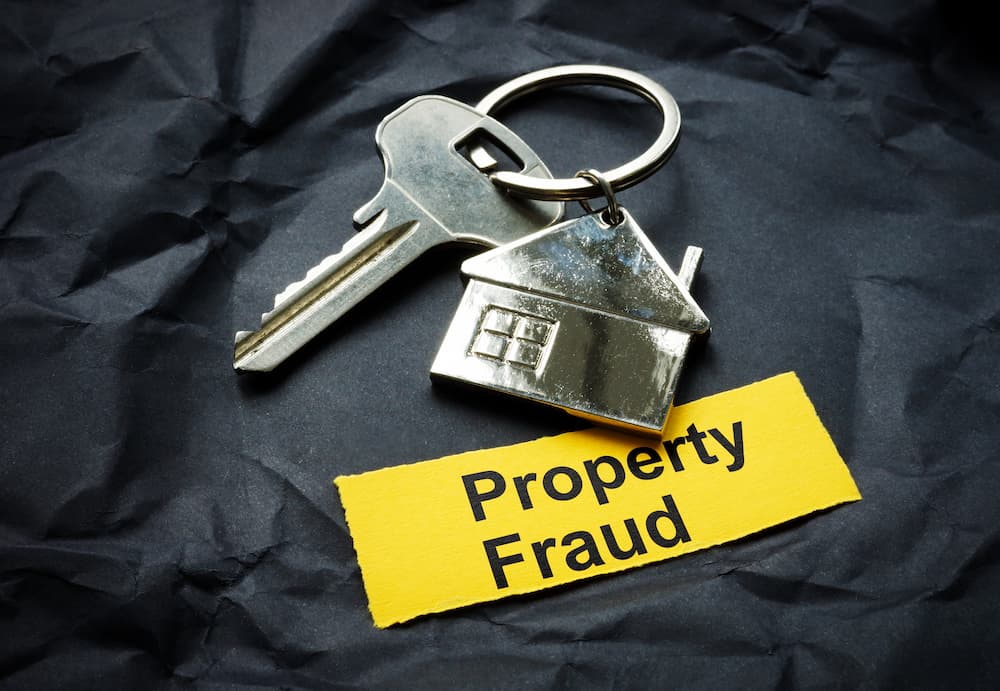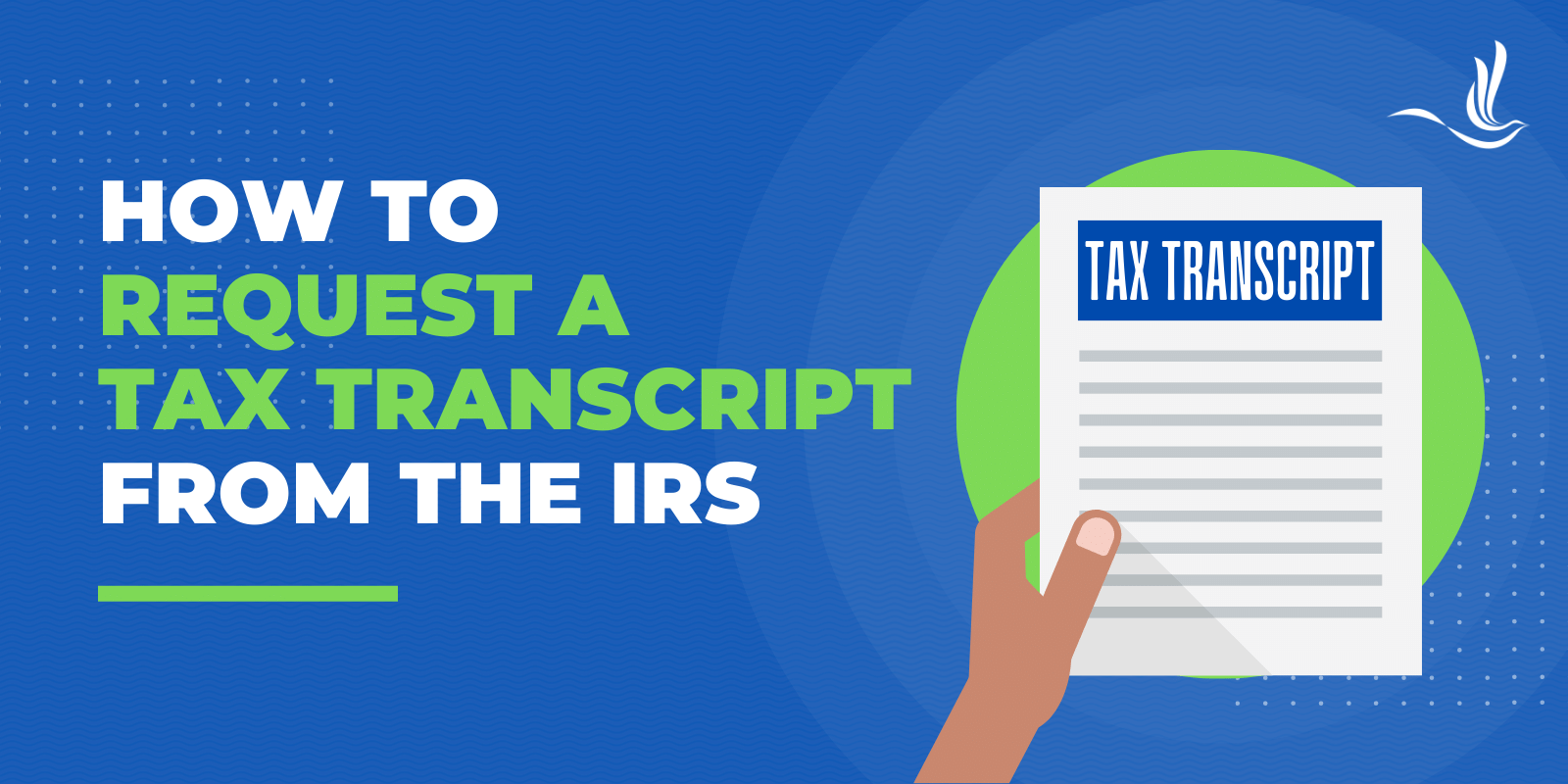Quit claim deed fraud is on the rise nationwide, especially in the New England area. Also known as property deed fraud, home title theft, and home title fraud, it’s a way for thieves to steal the ownership rights of someone’s property, with victims having to go through expensive legal battles to reclaim their property rights.
Earlier this year, the Boston Division of the FBI warned about a steady increase in quit claim deed fraud in the region, with devastating consequences for owners had their property sold by scammers without their knowledge.
The FBI’s 2024 Internet Crime Report listed 9,359 reports of cyber-related real estate and rental fraud last year, with losses of more than $173 million.
The New Hampshire Attorney General’s office has also warned consumers about the rise of quit claim deed fraud.
In February, a Missouri woman pleaded guilty in a property deed scam where she tried to steal the ownership of Graceland from Elvis Presley’s family. Lisa Jeanine Findley used a fake company, forged documents, and bogus court filings to claim that Elvis Presley’s daughter had used Graceland as collateral for a loan that she failed to repay before her death. Findley threatened to foreclose on the property and sell it to the highest bidder unless the family paid or settled her claim against the estate.
If title deed theft can happen at such a famous property as Graceland, it can happen to anyone. In this article, we’ll explain how property deed theft happens, why you need to be concerned, how to spot the warning signs of property deed fraud, how to prevent it, and how to respond if it happens to you.
How Quit Claim Deed Fraud Happens
A quit claim deed is a legal document that’s used to transfer property ownership in real estate transactions without warranties about the title’s status. It’s typically used in transfers between trusted parties, such as family members, in the case of divorces, and estate planning.
Quit claim deed fraud is a type of identity theft. It happens when a scammer, also known as a “title pirate,” files a fake quit claim deed with the county recorder’s office, which makes it appear that the scammer owns your property. The scammer might forge the homeowner’s signature on a quit claim deed, use fake identification to pose as the rightful owner of the property, or the owner’s authorized representative.
A scammer can then take out a mortgage and other loans on the property or sell the property and run off with the funds. They might also use the property in a rental scam and rent it out at a profit, without the real owner knowing about it.
This type of real estate fraud can affect anyone, although scammers frequently target vacant lots, properties without liens, second homes owned by people living out of state, and homes owned by the elderly. These transactions are often handled remotely, with the scammer using fake identification to make the sale go through.
In some cases, family members have used this kind of fraud to take advantage of an elderly relative and sees their property without the rest of the family knowing it.
The real owners might not realize their property was stolen until after the sale closed. They might find out when bills appear in the mail, demanding payment for a loan against the property that the real owner knows nothing about; when a lien is filed against the property for lack of payment; or when an unsuspecting new “owner” or renter knocks on the door, expecting to move in.
Unfortunately, scammers have the upper hand with forged quit claim deed fraud. Property ownership deeds are a public record, so criminals can search through them to identify high-value and vulnerable targets. Modern printers and editing software make it easy for someone to forge a deed. In many cases, county recorders simply confirm that someone’s paperwork is complete without investigating whether it’s legitimate.
Why Homeowners Should Be Concerned
Property-deed fraud can have an enormous impact on someone’s finances and their well-being. Imagine someone taking out loans, using your property as collateral, and they make off with the funds while you’re left with a pile of debt, and the ownership of your home is in doubt. Someone could also sell your property without your knowledge.
Victims must file a lawsuit to prove and reclaim ownership of their property, which can take months or years and result in substantial legal fees that your homeowner’s insurance probably doesn’t cover. Vulnerable populations, such as senior citizens and absentee owners, may feel too stressed out or lack the resources to fully reclaim their property.
Title insurance, which is often purchased when buying a property, covers financial losses and legal fees over liens and ownership disputes that happen when buying a property, but not afterwards.
The Warning Signs of Quit Claim Deed Fraud
Many victims of home title fraud have no idea their property was stolen from them until a major event happens, such as a foreclosure notice for an unpaid loan that someone else took out against their home. That’s why it’s important to remain vigilant against all types of identity theft, including quit claim deed scams. Here are some signs to watch out for:
- Receiving unexpected mail about changes to your property title or mortgage.
- Notices about new loans such as HELOCs, home equity loans, and mortgages, that you didn’t apply for.
- Your property no longer appears under your own name in public records.
- Monthly bills related to your home that stop appearing or have inaccuracies and other changes in them, such as the name of the homeowner or account holder.
- Your automatic payments have stopped, such as mortgage payments or utility bills that are regularly deducted from one of your bank accounts.
- Suspicious activity on your credit reports, such as loans or new accounts in your name that you didn’t apply for.
- Neighbors or tenants reporting unfamiliar people accessing your property.
- Unusual real estate activity, such as calls from real estate agents or listings to sell or rent your property online.
Home Title Theft Prevention Strategies
When considering how to protect your property deed, you could start by checking your property’s deed status online through your county recorder’s website. Make a point of checking this periodically, especially after you’ve been away from home for a while. See if your county registrar or clerk’s office offers a Property Fraud Alert system, which would automatically notify you of any changes to your property deed.
If you do leave home for an extended period, make sure the property looks like someone is living there, because vacant and second homes are frequent targets for property deed theft. Ask a neighbor or someone you trust to make sure the lawn is mowed, and your mail is collected.
If you travel frequently, consider hiring a property management company to keep an eye on things. You could also use timers to turn outdoor and indoor lights on and off, which can make your home seem occupied. Avoid oversharing on social media about when you’ll be away from your property.
Have your mail redirected to another residence or a post office box, especially if you receive your mail in an exterior box that’s outside the home. Consider using a post office box for all your sensitive documents, including your property taxes and title documents.
Make sure you keep all your sensitive documents, such as your property’s paperwork, in a secure place, and shred any sensitive mail before discarding it. This includes information about your property as well as your bank accounts, credit cards, and Social Security number.
Check your credit reports on a regular basis to watch for signs of deed theft and identity theft. You can receive free credit reports once a week by visiting AnnualCreditReport.com. This used to be available once a year, but you can now check your reports every week. Take a close look at your credit reports to watch for signs of nefarious activity, such as new accounts or loan applications in your name that you didn’t initiate.
If you do see signs of fraud, you can contact the credit reporting bureau that lists the information. You could also put a freeze on your credit that would prevent someone from using your Social Security number to open an account or a loan in your name. This would help reduce your chance of identity theft and deed fraud as well. The nation’s three credit reporting bureaus are: Experian, TransUnion, and Equifax.
You could monitor online real estate websites like Zillow, Redfin, and Realtor.com, or you could set up a Google Alert for your property’s address so you can find out if someone posts something about your property online.
Ask a trusted neighbor to keep an eye on your property while you’re away. If you travel frequently, consider having a property management company keep an eye on things.
Consider title lock protection, also known as title lock insurance. Just be aware that the Federal Trade Commission (FTC) warns that not all title insurance companies are legitimate, so do some research before pursuing this option.
What to Do if You Suspect Property Deed Fraud
If you suspect you’re a victim of property deed fraud, you must act immediately. The longer you wait, the harder it will be for you to undo it and the more opportunities the thieves will have to take advantage of you.
Contact your county recorder of deeds and property tax collector’s office immediately to contest any changes. File a fraud affidavit with the recorder and file a police report with local law enforcement. Consult a real estate or title attorney who is experienced in title disputes.
You can also report the crime to the FBI’s Internet Crime Complaint Center (IC3) and your state’s attorney general’s office.
If you have a mortgage, a home equity loan, or a HELOC, contact your lender. They might be able to assist you. If you receive any bills or foreclosure notices from lenders you don’t recognize, contact the lender to let them know that fraud has been reported.
Take a look at your credit reports to look for signs of fraud and put a freeze on your credit with the nation’s three credit reporting bureaus listed above. If you do see fraudulent activity, notify the bureau that lists the information.
Final Thoughts: Stay Vigilant
To protect yourself from property fraud, you’ll have to remain vigilant just as you have to be with any other type of scam. Monitoring your credit regularly or even freezing it when you’re not applying for a loan or credit card can be an effective tool for spotting and avoiding property deed fraud, identity theft, and other types of scams.
Make a point of checking your title ownership regularly, which can be done easily online. Many property ownership victims don’t realize they’ve been scammed until thieves have pocketed the proceeds and disappeared, so early detection is key to stopping this type of scam before it goes too far.
Get More Information on Preventing Fraud
For more information on how to avoid scams, check out our security page on Preventing Fraud and our Security Resource Links. You can also bookmark our blog to stay up to date on other fraud and banking tips.
Publisher: Source link











